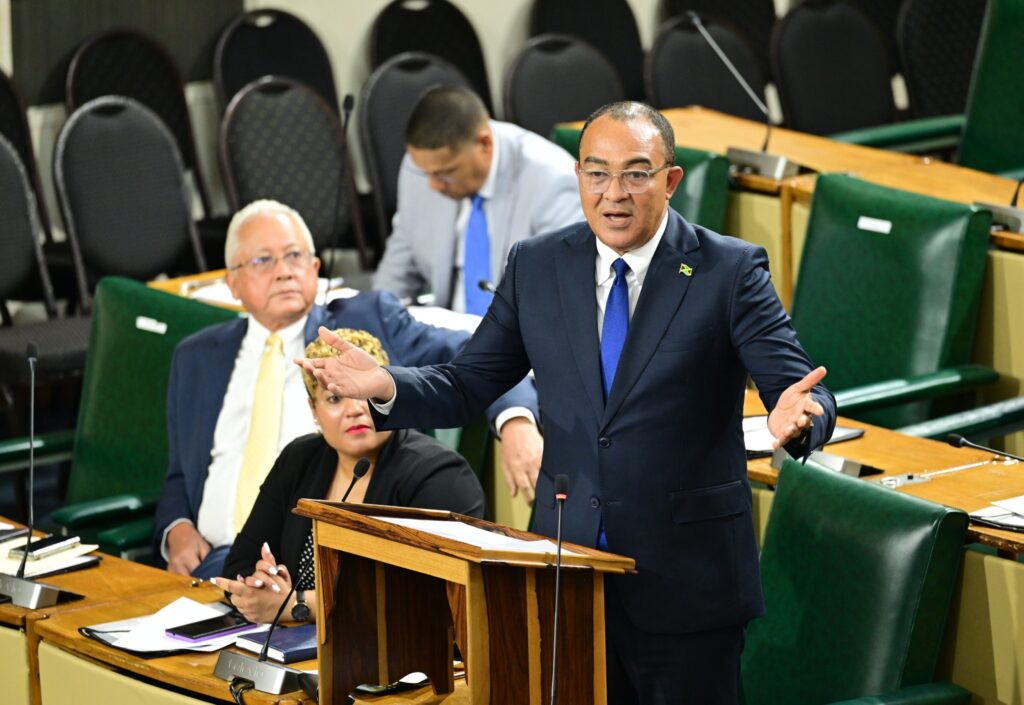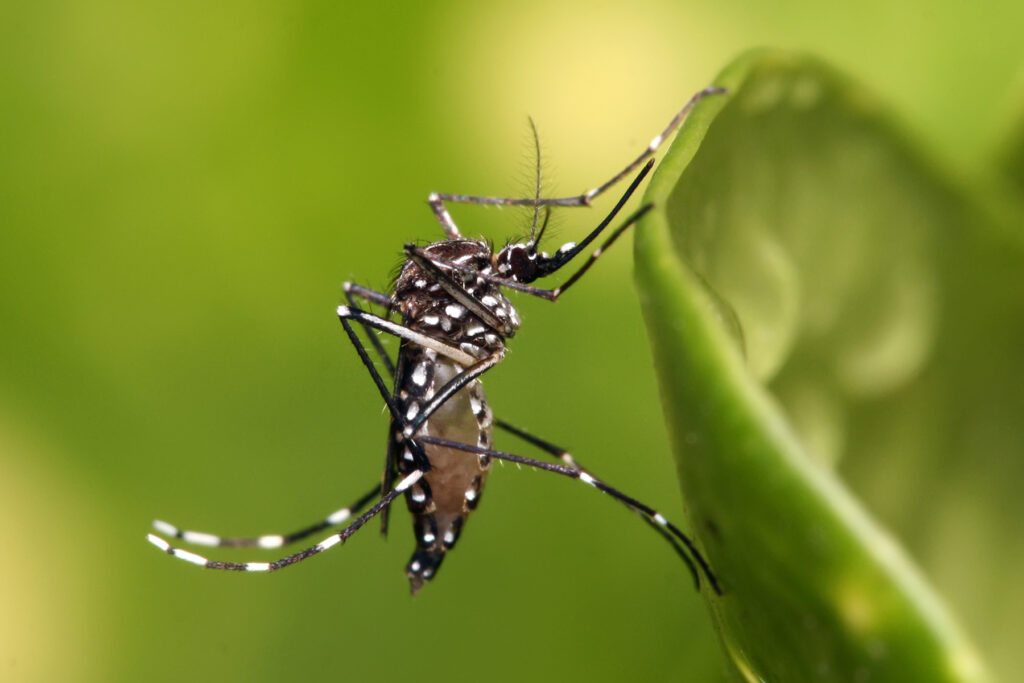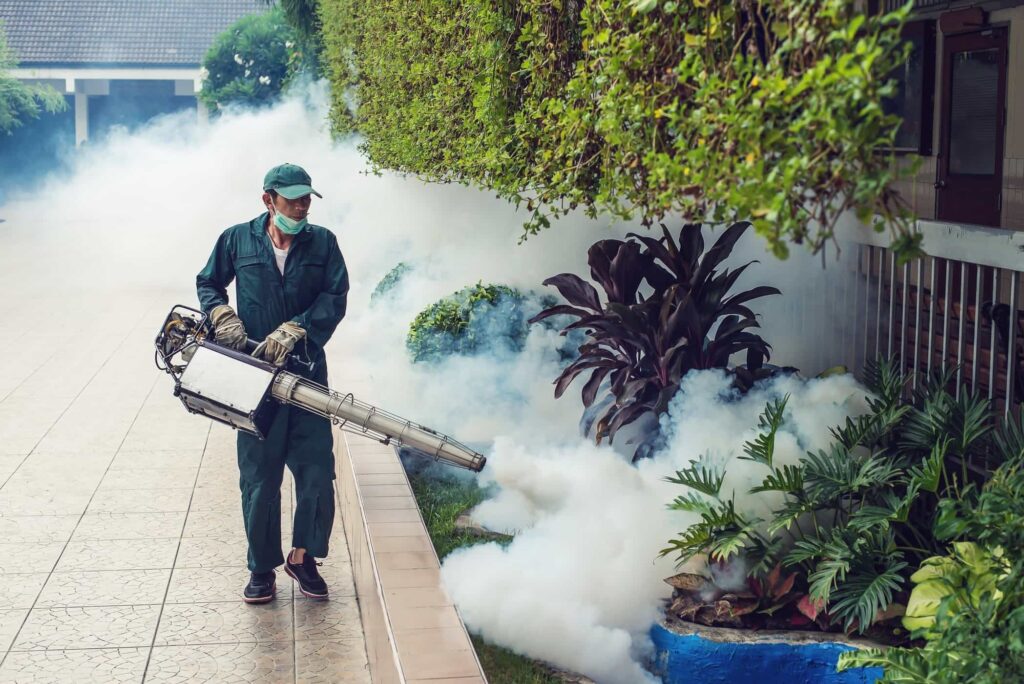

Officials at the Ministry of Health and Wellness are assuring Jamaicans that the current seasonal increase in mosquito populations and dengue fever cases is under control.
The ministry emphasised that it has significantly ramped up vector control operations across the island and is urging the public to play their part in preventing the spread of mosquito-borne illnesses.
While Jamaica is seeing typical seasonal mosquito activity due to the recent transition from drought to heavy rainfall, dengue case numbers remain well below epidemic levels.
The ministry further outlined that as of Monday (October 13), there have been 23 recorded cases for September, significantly under the epidemic threshold of 257. Year to date, there have been 379 cases, a stark contrast to the 1,819 reported during the same period last year.
Speaking in Parliament on Wednesday, Health Minister Dr Christopher Tufton outlined the ministry’s strengthened response and ongoing public education.
“While our dengue numbers are low at this time, persons must continue to take precautions to prevent illness. Personal responsibility must become a priority. Madam Speaker, we continue to reinforce the message that Jamaicans must search and destroy mosquito breeding sites even as we lead with vector control measures,” he said.
Tufton expressed that the ministry has activated its community-based vector control workers across the regional health authorities and parish health departments. The national fleet is 81 per cent operational with 52 vehicles supporting fogging and surveillance activities. Additionally, 84 per cent of handheld fogging machines are in service to target hard-to-reach and densely populated areas. Schools are also being prioritised for fogging activities on weekends.

“Madam Speaker, we must move with alacrity to search and destroy mosquito breeding sites – areas with standing water, such as puddles, water tanks, containers and old tyres. Places with undisposed garbage and poor sanitation also contribute to the spread of the insect. Madam Speaker, we must search and destroy,” Minister Tufton emphasised.
The Enhanced Vector Control Programme, implemented since June 2025, has seen a 131 per cent increase in permanent vector control workers, moving from 213 in 2022 to 492 currently, with an additional 377 posts to be filled, potentially tripling the current workforce. These efforts are being supported by increased fogging in high-risk areas, intensified public education, and strengthened community engagement.

Tufton said the ministry continues to partner with the International Centre for Environmental and Nuclear Sciences (ICENS) in the pilot of the sterile insect technique. The project has progressed to the radiating phase, with the first release of sterile mosquitoes expected in the fourth quarter of 2025.
In the meantime, citizens are urged to protect themselves and their families by monitoring water storage containers, keeping their surroundings free of debris, wearing protective clothing, and using mosquito repellents containing DEET.







Comments